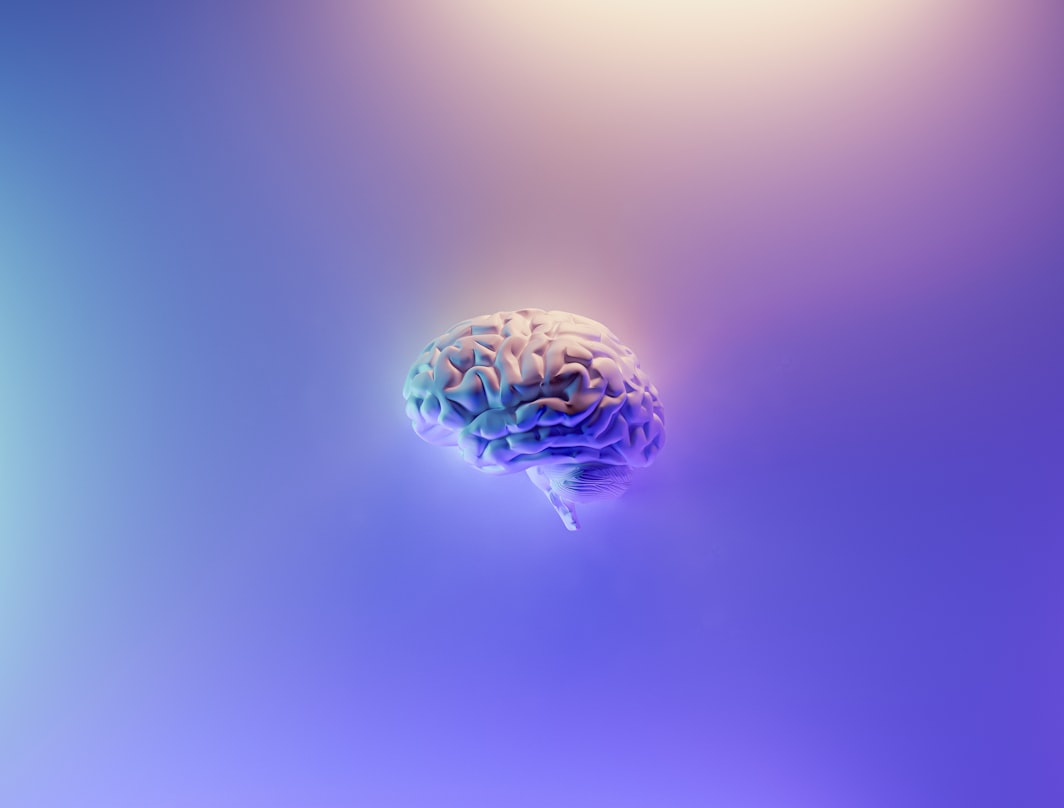The psychology of music is seriously underrated,it messes with our emotions, thinking, and behavior. Picture this: music hits our brain's reward centers, cueing a dopamine party that gives us those good vibes. That's why tunes can kick stress to the curb, boost memory, and crank up our brainpower. It's basically brain magic!
Studies spill the beans that fast beats can hype us up, while slow jams dial down the stress. Ever tried jamming to metal while washing dishes? It's a mood-altering experience, trust me. Music has this secret power to tweak our mood and self-esteem, and it's all playing out in our heads.
Science is on a roll, digging into how music affects our brains and behavior. Playing an instrument isn't just about making sweet sounds; it rewires our brains. Motor skills, auditory smarts, and memory all get a makeover. Aging brains worry us, but guess what? Music might be our brain's fountain of youth! Studies hint that it jazzes up memory, attention, and language skills in older folks. So, next time you're rocking out, pat yourself on the back, you're brain-boosting!
Had a rough day? Crank up your favorite tunes. Science says it works wonders, slashing stress, chilling blood pressure, and even dialing down pain for some. Music is like a superhero for our well-being.
As we dig deeper into how music works its mojo on our brains, let's use the wisdom we've got. Hit play on that killer playlist, let the music work its magic, and watch your brain and body throw a grateful party. Rock on!
